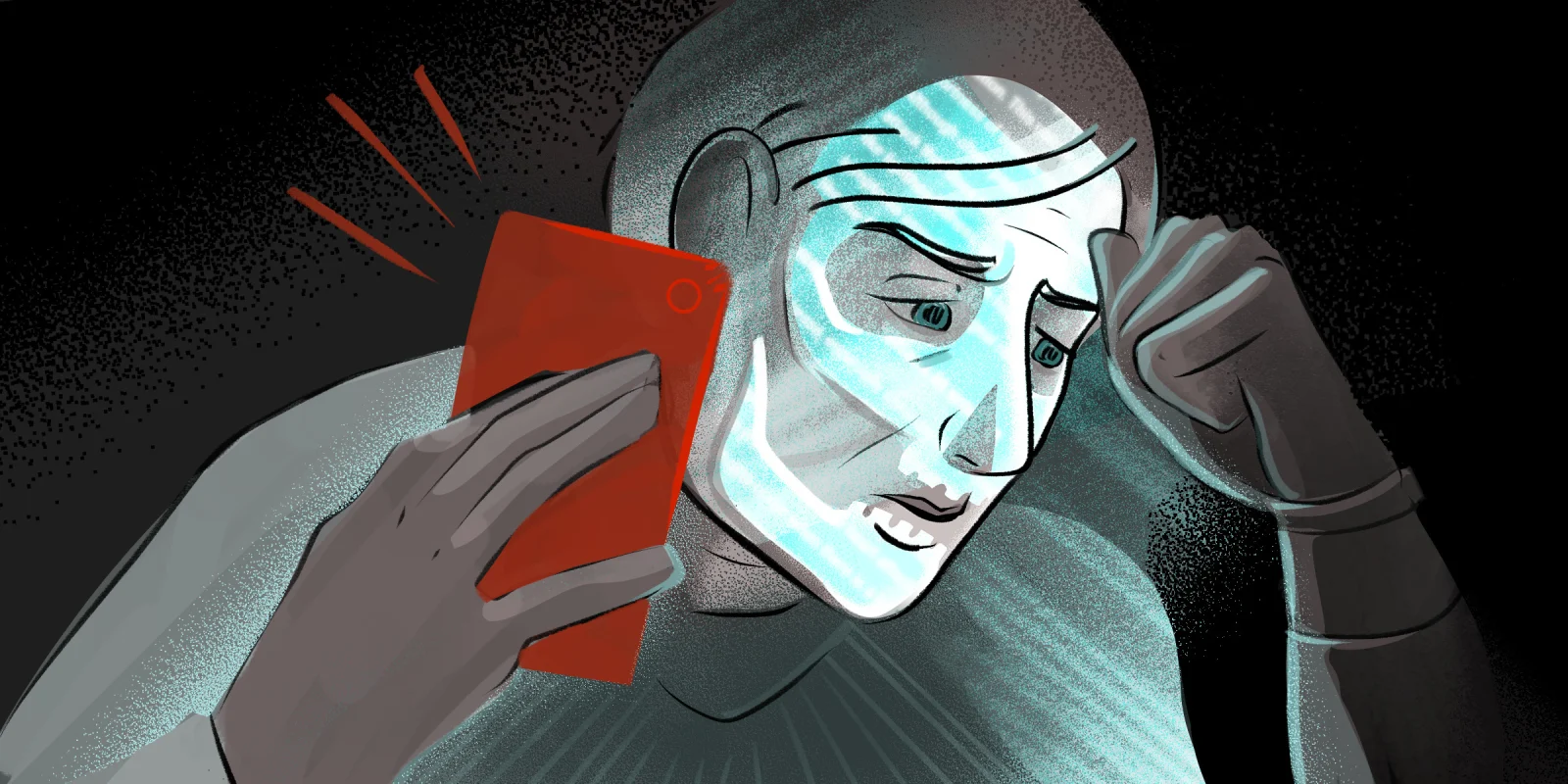On a recent morning, just after finishing rounds, one of my closest friends and co-resident got a call that their father had died.
And with that, the air went out of our workroom. A flurry of activity saw them heading with their spouse to be with their family, and those of us at work adjusting and flexing to accommodate the sudden absence. That righted a reeling ship, but the voyage was long from over. My friend was able to take time off to help with funeral arrangements and find solace with loved ones. We all did our best to support them through messages, cards, and presence at the visitation. We tried to hold them up while continuing to do right by the patients in our care. The attendance at the visitation was deeply moving; hundreds, hundreds of people showed up and waited in line to show their care. It was not only myself and my colleagues. My friend’s father, a physician himself, clearly had affected the lives of so many, and they, patient and colleague alike, all came to support his family in turn.
Those moments of pause are brief, however. After reading memoirs like “When Breath Becomes Air” and “Being Mortal,” you think you understand how to process loss with the unique perspective that comes from being in medicine. But books can be closed and put away when they become too much. Real life grief asserts itself whether you are ready for it or not. And my friend is not alone in facing unexpected tragedy while trying to do a job that requires, nay demands, intense attention. Other people I work with and care about have seen a child die in a car accident, a spouse be diagnosed with cancer or have a stroke, and pregnancy loss. And each time we have done our best to cover their work obligations so they can attend to more pressing matters.
As much as the instinct is to help free up the schedule of someone dealing with loss so they can focus on picking up the pieces, that approach seems like a bit of a disservice to those who work in medicine. I expected people to take time away and not be interested in caring for patients, but instead, they have often thrown themselves into work with as much, if not more, focus than before. A very wise attending once told me that great solace can be found in helping others when dealing with devastation of your own. And that purpose is so deeply ingrained in the identity of physicians that to be without it can make one feel even more adrift.
You may not be able to undo a miscarriage, but you can treat a thyroid cancer. You can’t rewind a split second’s inattention that leads to a crash, but you can pick up small areas of granulation tissue in the ear canal and diagnose malignant otitis externa in a patient who could have died without appropriate treatment. The care we wish we could give our absent loved ones can instead be directed toward patients. Great focus is required to utilize our hard-won knowledge to process labs, exams, and imaging and come to a diagnosis.
The knowledge is a double-edged sword, however. With patients, you can give general information about prognosis and temper the blow of unfavorable outcomes. The truth is laid bare when the patient is someone you love. When a parent ends up getting a tracheostomy after a prolonged intubation, you know what that looks like, for better or worse. You know the ramifications of a bronchoscopy showing copious aspiration or the chances of meaningful recovery after a devastating stroke. Are you more prepared than someone without a medical background, or just aware sooner that the end is near? Do you lose the ability to hold out hope when all the studies and predictive models and experience tell you chances are slim?
In addition to reading through or living through the loss experiences of health care colleagues, I’ve spent some time learning about the other side of loss through books about what happens after death (the books of Caitlin Doughty are sensitive, informative, and a little funny) and conversations with those in palliative care and hospice. That insight, more than anything in my medical education, has helped me understand the impact of loss and the path forward. Being in medicine can easily make you feel like death and devastation are things that happen to other people, but all it takes is one phone call to remind us that we are vulnerable just like anyone else.
How have you and your colleagues supported each other through life challenges? Share your experiences in the comment section.
Heather is a chief otolaryngology – head & neck surgery resident at the University of Kansas Medical Center. Her clinical interests include patient communication, medical education, and facial plastic and reconstructive surgery. Heather is a 2021–2022 Doximity Op-Med Fellow.
Illustration by April Brust







